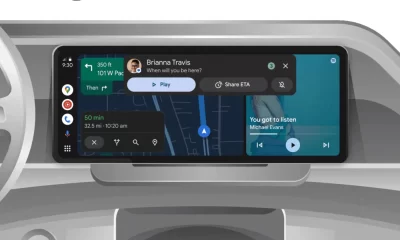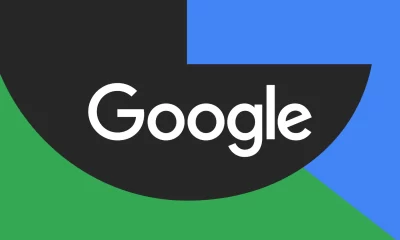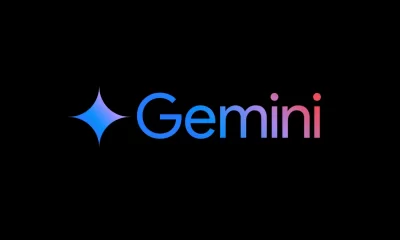A deep dive into Google Home and Nest command failures

The promise of a smart home, ever-ready to answer our questions and fulfill our commands, has become a reality for many. Google’s Nest and Home speakers, powered by the versatile Google Assistant, have been at the forefront of this revolution. However, recent reports paint a picture of unexpected silence, with many users experiencing a frustrating inability to get their devices to respond to even the most basic commands. This isn’t a minor glitch; it’s a widespread issue affecting a significant portion of the user base, raising questions about the reliability of our increasingly interconnected homes.
This peculiar problem seems to have emerged around the holiday season, with reports escalating in the early days of the new year. Imagine asking your smart speaker, “What’s the weather?” or “What time is it?” only to be met with an unnerving silence. This is the reality for many users, whose Google Home and Nest devices appear to process the command – the lights might flicker, indicating activity – but ultimately fail to deliver a response. It’s as if the digital voice has suddenly gone mute.
The issue appears to be primarily focused on these fundamental, everyday commands. While more complex requests might still function, the inability to perform these simple tasks disrupts the core functionality of these devices. It’s akin to a phone that can browse the internet but can’t make calls – a significant impairment.
The first whispers of this problem surfaced on Google’s support forums as early as December 30th, with users pinpointing the onset of the issue to a few days prior. Since then, the volume of complaints has steadily grown, painting a clearer picture of a widespread problem. Reports are not isolated incidents; they’re coming from users across various regions, suggesting the issue isn’t tied to a specific geographical location or server.
This isn’t just anecdotal evidence from frustrated users. Independent investigations have corroborated these claims. Several tech publications, including Android Authority, have successfully replicated the issue, further solidifying the fact that this is a genuine problem affecting a substantial number of devices. The comments sections of these reports are flooded with similar experiences, with users confirming the same silent treatment from their Google Home and Nest devices.
What’s particularly perplexing is the seemingly random nature of the problem. While a significant portion of users are affected, others, including some involved in testing for this article, haven’t been able to reproduce the issue. This inconsistency makes troubleshooting and identifying the root cause significantly more challenging. It’s not a simple case of a single faulty update or a widespread server outage; the problem seems to be more nuanced.
The affected devices span a range of Google’s smart speaker and display lineup. Reports have surfaced involving the Google Home, Nest Hub Max, Home Mini, Nest Audio, and the standard Nest Hub. This broad range of affected hardware suggests the problem lies within the software or a shared service rather than a specific hardware flaw.
Several possible explanations could be at play. A recent software update, intended to improve performance or add new features, could have inadvertently introduced a bug affecting command processing. Alternatively, a temporary issue with Google’s servers, responsible for interpreting and executing voice commands, could be the culprit. Network congestion during the holiday period, placing extra strain on these servers, might have also contributed to the problem.
Whatever the cause, the impact on users is undeniable. These devices have become integral parts of many households, streamlining daily tasks and providing quick access to information. Their sudden silence disrupts routines and erodes trust in the reliability of smart home technology.
Google has yet to issue an official statement acknowledging the problem or outlining a solution. However, given the growing number of reports and the independent verification of the issue, it’s likely that they are actively investigating the root cause. A swift and effective resolution is crucial to restore user confidence and maintain the reputation of Google’s smart home ecosystem.
This episode serves as a reminder of the inherent complexities of interconnected technology. While the convenience and capabilities of smart devices are undeniable, they are also susceptible to unforeseen issues. As we increasingly rely on these technologies, ensuring their reliability and providing prompt support when problems arise becomes paramount. The silence of the smart speakers is a call for greater transparency and accountability in the rapidly evolving world of smart home technology.
Google Meet gets a fresh new look with Material 3 design

Google Meet is getting a big update to its look, thanks to the new Material 3 design. This change brings a cleaner and more modern style to the video calling app, making it easier and more enjoyable to use.
With Material 3, Google Meet now has rounder buttons, softer colors, and better spacing between elements. The main controls, like the microphone, camera, and end call buttons, are now larger and easier to tap. The icons and text are also clearer, which helps users find what they need quickly during a call.
Another improvement is the new “expressive” color system. This feature lets the app’s colors match your device’s wallpaper or theme, giving each user a unique and personalized experience. The changes also make Google Meet more accessible, as the new design is easier to read and use for everyone, including people with vision difficulties.
These updates are rolling out to both web and mobile versions of Google Meet. Google says the new look will help people feel more comfortable and focused during their meetings. Overall, the Material 3 update makes Google Meet not only look better but also work better for all its users.
Android
Easy ways to change Android Auto’s look with light and dark themes
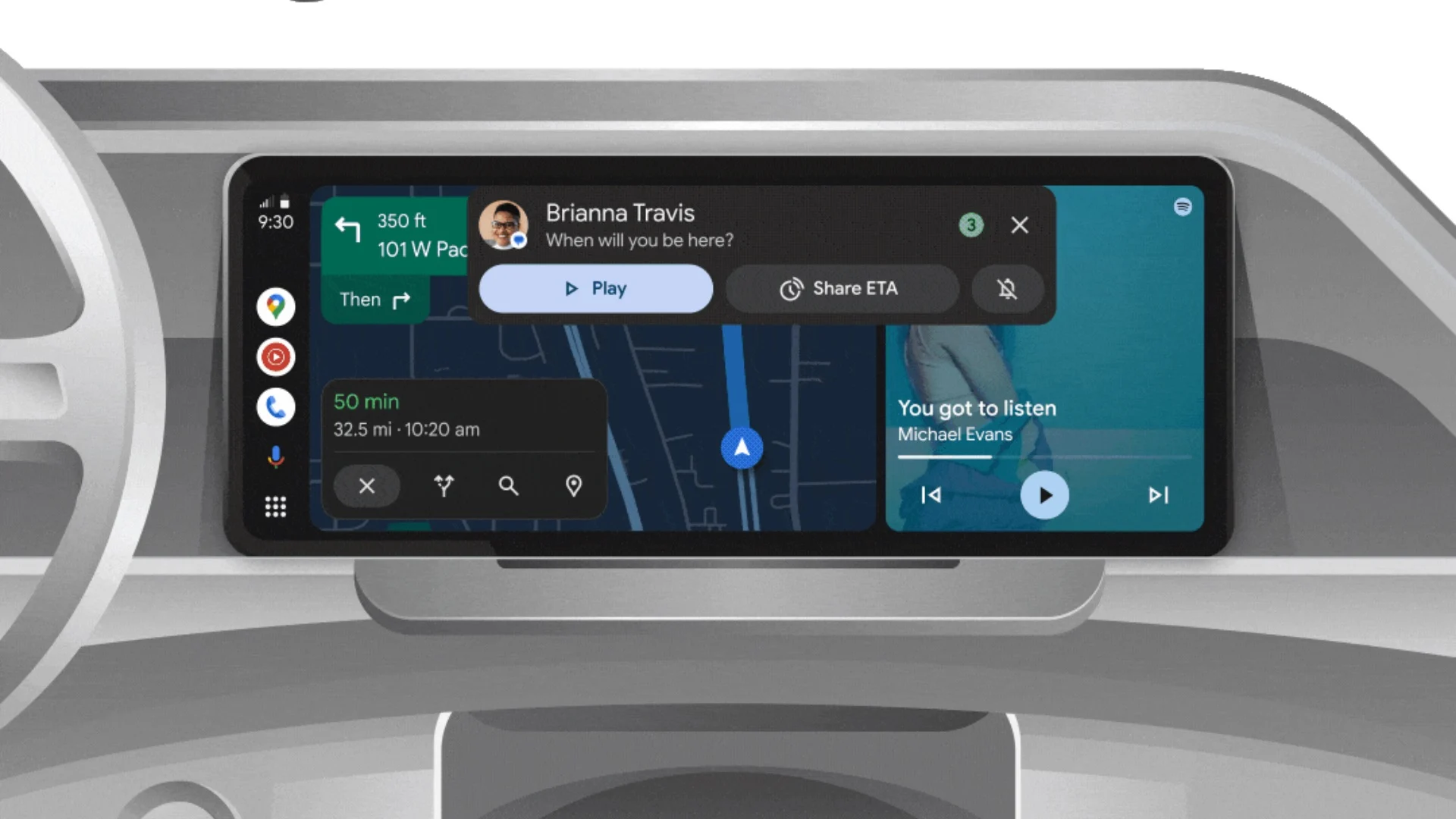
Android Auto is a helpful tool that lets you use your phone’s apps safely while driving. It connects your phone to your car’s screen, making it easier to use maps, music, and calls. One of the features many people like is the ability to change how Android Auto looks by switching between light and dark themes.
How to switch between light and dark themes
Android Auto offers two main themes: light and dark. The light theme uses brighter colors, which can make the screen easier to see during the day. The dark theme uses darker colors, which can be more comfortable for your eyes at night or in low light.
To change the theme, follow these steps:
- Open the Android Auto app on your phone.
- Go to the settings menu.
- Find the “Theme” option.
- Choose between “Light,” “Dark,” or “Set by car” (this lets your car decide the theme based on the time of day or your car’s settings).
Why themes matter
Using the right theme can make driving safer and more comfortable. The light theme is good for bright days, while the dark theme helps reduce glare at night. Having these options means you can pick what works best for you, making Android Auto easier to use in any condition.
In short, Android Auto’s theme options are simple to use and help you drive more safely by making the screen easy to see, no matter the time of day.
Google Drive and Files by Google get fresh updates for easier use

Google is rolling out some helpful updates to two of its popular apps: Google Drive and Files by Google. These changes are designed to make managing your files and watching videos much smoother.
First, Google Drive is getting a new video player. Now, when you upload a video to Drive and open it, you’ll notice a fresh look that matches Google’s latest design style. The controls, like play and pause, are easier to use and look cleaner. This update makes it simpler to watch videos directly in Drive without needing to download them first.
Meanwhile, the Files by Google app is also getting a makeover. The app is adopting Google’s Material 3 design, which means it looks brighter and more modern. The buttons and menus are easier to see and use, making it simpler to find, move, and organize your files. There are also new color options and improved icons, so everything feels more user-friendly.
Both updates show Google’s commitment to making its apps more helpful and enjoyable to use. Whether you’re watching videos in Drive or sorting files on your phone, these changes aim to save you time and make things less complicated. If you use these apps, keep an eye out for these new features—they should arrive soon!
-

 Apps1 year ago
Apps1 year agoGboard Proofread feature will support selected text
-

 News1 year ago
News1 year agoSamsung USA crafting One UI 6.1.1
-

 Apps12 months ago
Apps12 months agoGoogle Contacts app testing new Besties Widget
-
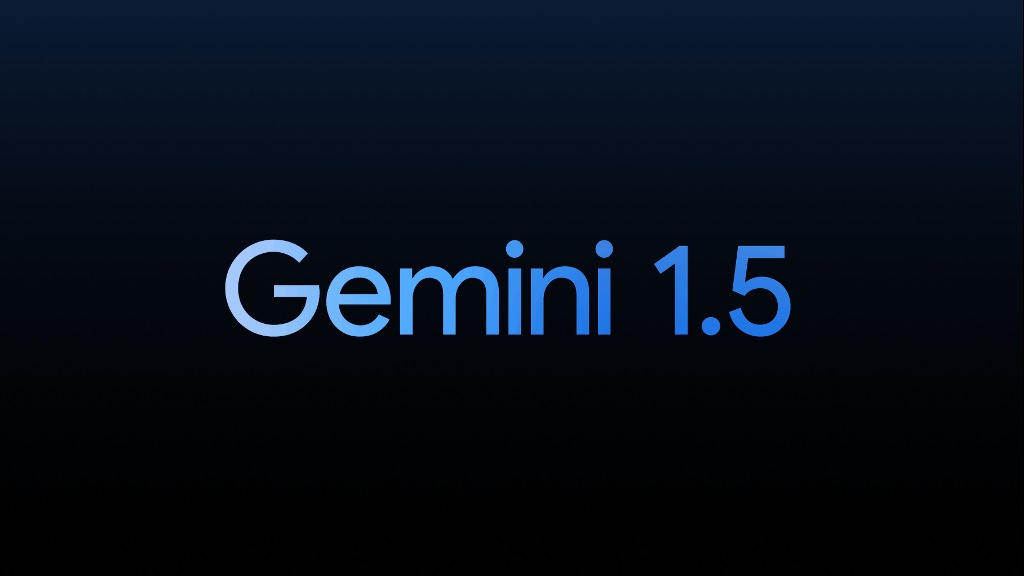
 AI12 months ago
AI12 months agoGoogle Pixel 9 Pro may come with a complimentary one-year Gemini Advanced subscription
-

 News1 year ago
News1 year agoBreaking: Samsung Galaxy S22 may get Galaxy AI features
-
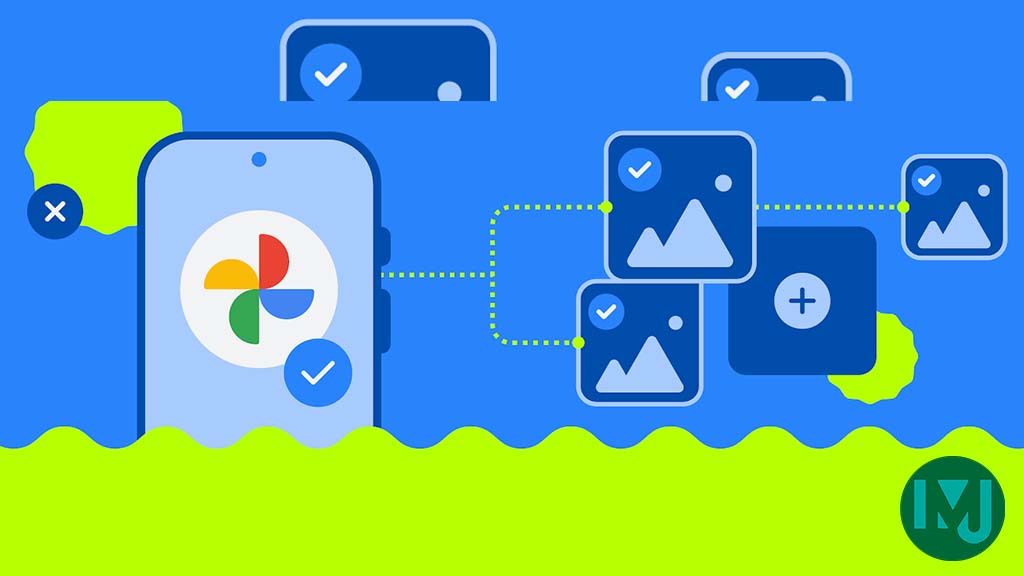
 Apps12 months ago
Apps12 months agoGoogle working on a new video editing feature for its Photo app
-
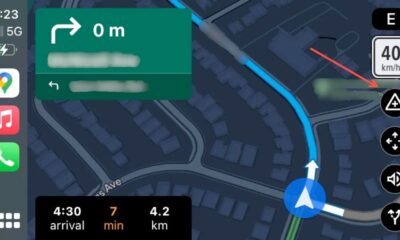
 Apps12 months ago
Apps12 months agoGoogle Maps lets you report traffic jams and accidents on Apple CarPlay, but not on Android Auto
-

 Apps12 months ago
Apps12 months agoGoogle Messages app will transform MMS chats into RCS



